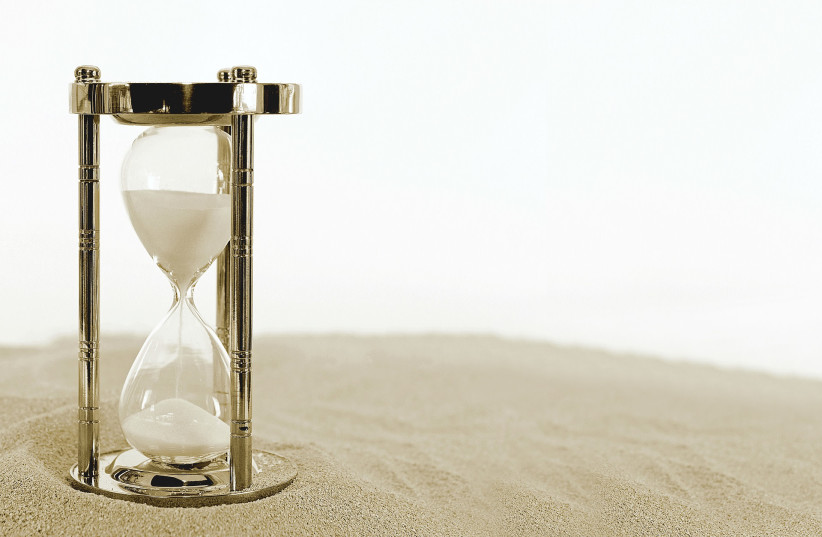Harvard researcher says he reversed his aging with these 4 steps
Harvard University molecular biologist David Sinclair is 53 years old. But according to him, DNA tests say he’s only 43.
His secret is that he supposedly was able to rejuvenate himself, literally de-aging, after taking up just four simple daily habits.
Biological age is measured on cell health, not based on how long you’ve been alive. Sinclair noted that he started this new healthy routine when he was in his 30s, a time when he drank too much and was overweight.
So what’s his secret?
Speaking to Insider, Sinclair said “My calculated biological age has been going down for the past decade or more to a point where I’m predicted to live at least a decade longer than I would have if I hadn’t done anything. So it’s never too late.”
He continued, telling Insider “Nobody wants to be sick for a decade or have cancer that drags on or be frail. What we’re really talking about is preventing those things, or squeezing them into the last bit of life.”
 Can our biological sands of time be reversed, rejuvenating us from aging? (Illustrative) (credit: PIXABAY)
Can our biological sands of time be reversed, rejuvenating us from aging? (Illustrative) (credit: PIXABAY)Sinclair has made waves in the anti-aging field. He’s authored a book on the subject and has done the rounds on the podcast circuit over the years. His company, Tally Health, sells kits to help you test your biological age.
What are David Sinclair’s four steps for reversing your aging?
1. Run three times per week
Physical activity is the cornerstone of nearly all anti-aging programs. This is because it helps maintain muscle, boost heart health, avoid obesity and reduce inflammation – all things that can cause cell aging.
Sinclair said he always tries to do aerobic exercise at least three times a week, which can include swimming, running, brisk walking or cycling. He even uses a standing desk to make sure he sits less.
2. Intermittent fasting
Sinclair also advocates intermittent fasting to slow down aging.
Doing this means that calorie intake will be limited to just a few hours. This can increase insulin sensitivity, help protect against diabetes and help cells flush waste products from the body. All of these can help prolong one’s lifespan.
“I try to pack my main meal into a few hours a day, whenever possible,” Sinclair said to Insider. “And that period of fasting has also had great benefits on my estimated biological age.”
3. Drink green matcha tea twice a day
Another thing Sinclair does is drink two cups of green matcha tea each day. This tea is known for its antioxidants that can help limit cell damage, but it is currently unknown if it can slow aging in humans. Scientific research has yet to produce evidence in support of this claim.
Sinclair said that molecules in tea can, among other things, prevent cancer and touted its anti-inflammatory properties.
He also said he takes two resveratrol tablets each day, with his research saying the compound – found in red wine and cocoa, among other things – can reduce inflammation and prolong one’s lifespan.
Other studies, though, have yet to find any evidence for this.
4. Reduce stress and avoid “idiots”
Stress and annoyance from being around “idiots” can reduce someone’s life expectancy, Sinclair said, since it can lead to chronic stress and increased inflammation. The latter of these consequences can raise one’s risk for heart disease, obesity, sleep problems and accelerated aging.
Sinclair’s solution is to set aside “quiet time” each day and avoid working with idiots.





Comments are closed.